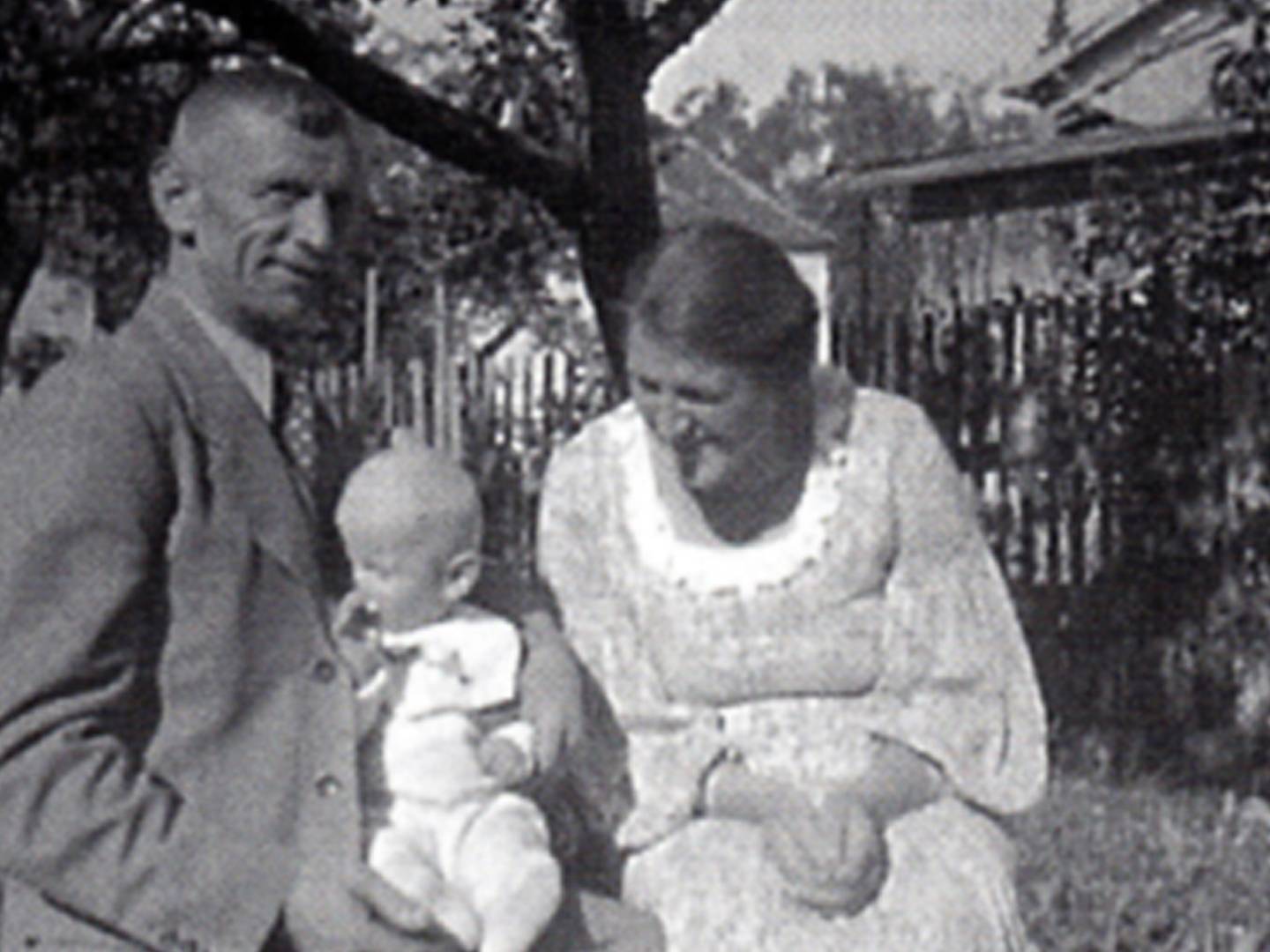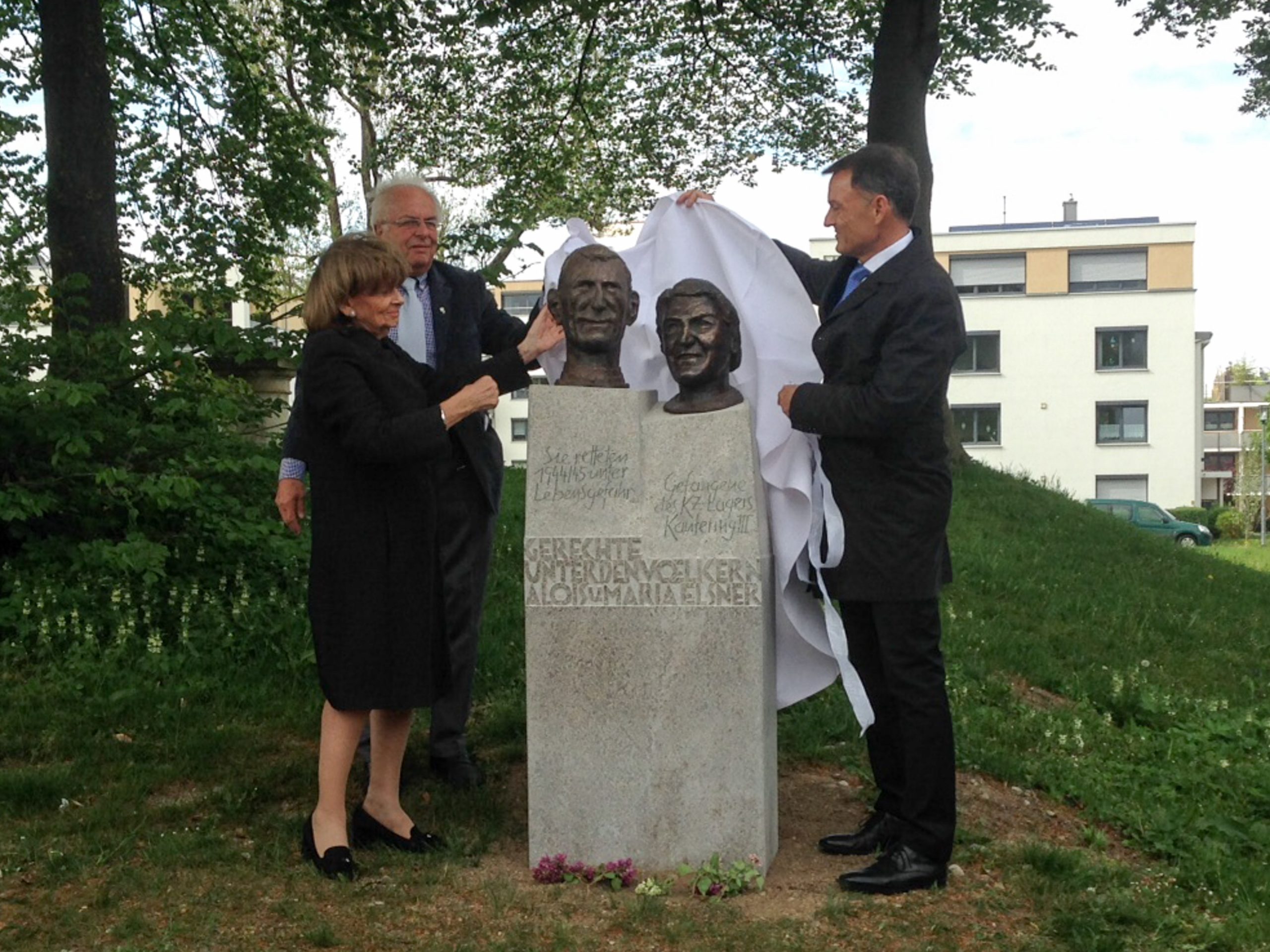Civilian aid
The chimney sweep, Alois Elsner, used his profession to provide prisoners at Landsberg/Kaufering concentration subcamp complex with urgently needed supplies. His deeds are documented in numerous letters that reached him during and after the Nazi era.
Alois Elsner was born on 16 June 1897 in Burglengenfeld in the Upper Palatinate. In 1941, the trained chimney sweep was forced to join the NSDAP, only to be excluded again two years later. The reason: A lack of interest and undisciplined behaviour. In 1944 his work led him to the concentration subcamps in Gleisdreieck at Kaufering and Hurlach. Alois Elsner witnessed the suffering of concentration camp prisoners and decided to help them.
During the following months, with the help of his wife Maria, he smuggled food, clothing, toiletries and medication into the camp. The prisoners did not ask for much: “warm underwear, a warm shirt, two pairs of tights, two handkerchiefs.”
Civilian help, that could have cost the married couple their lives.
Following the end of the war, concentration camp prisoners made a joint statement to the US American authorities vouching for the Elsner family. In October 2017, Alois and Maria Elsner were retrospectively honoured as “Righteous among the nations.”
Survivors reported about further assistance from individual citizens.
The German farmer drove his wagon full of potatoes to the village, and then, after what seemed like only a few minutes, returned with a basket full of bread, rolls, marmalade and drinks. We immediately sat ourselves down on the ground and greedily watched as the German farmer apportioned a hefty chunk of bread for each of us, larger than any we had ever received in camp. In addition, he handed each of us a roll smeared with marmalade. We attacked our meal with great relish.
– Israel I. Cohen about civilian aid



